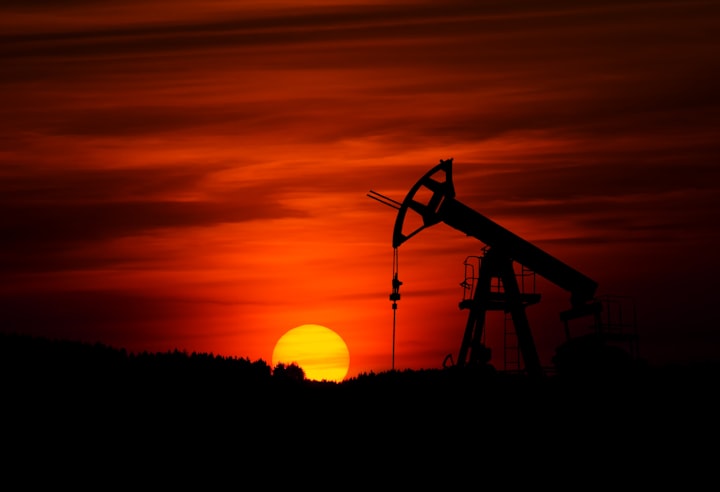
The oil cartel is at it again. Yes, you read that right - "cartel". A cartel, as defined by the Organisation for Economic Co-operation and Development (OECD), is when firms create a formal agreement to "raise or fix prices and to reduce output in order to increase profits." In this case, we're talking about the Organization of the Petroleum Exporting Countries (OPEC).
Now, what's the latest news about oil and gas? The U.S. along with 27 other countries will tap their petroleum reserves to help keep rising gas prices low. Remember when gas was super cheap at the beginning of the pandemic? President Biden bought tons of gas during that time and topped off our oil reserves. Love him or hate him, that's one of the few political strategies from this administration that strategically made sense from the U.S. point of view. The U.S. will release a total of 50 million gallons of oil over the next several months.
Now, back to the present, tapping into the reserves is aimed to counter inflation. Gas is one of the main contributing factors to rising prices across the world. OPEC, the oil cartel, is reluctant to boost production. Now, what are the criticisms against OPEC? The oil cartel holds about 80% of the global reserves, with the majority of that being in the Middle East. Some countries in OPEC have high corruption ratings, where nepotism, favoritism and profiteering are politics. The oil wealth of OPEC countries allows them to be the strategic pivot of world politics and economy even though their record on human rights is low.
Additionally, the U.S. depends on oil more than any other country. In 2012, the United States consumed over 18 million barrels of oil per day, compared to roughly 10 million by the world’s second-leading consumer, China. The United States is expected to remain the biggest consumer until around 2030, when it will be eclipsed by China. The United States is also expected to remain the world’s largest oil importer. This could handicap our negotiating power when political leaders have to decide whether or not to look the other way when OPEC countries come across criticisms for their tyrannical rulings.
Additionally, OPEC could offset inflation costs we're currently seeing. But, they're not going to. OPEC limits its production rate and by limiting the amount of oil OPEC countries produce, those leaders can control the total amount available to the world, thereby essentially fixing the price of oil wherever they wish. When oil goes up, everything dependent on oil also goes up. While this can be an issue in wealthy nations, it's can be a deadly outcome in many countries already facing extreme poverty. Escalating costs of production, transportation, wages, and packaging all drive up the retail cost of food, contributing to greater poverty and instability.
Right now, economic giants like China and the U.S. are facing down OPEC by tapping into the reserves, but there are no long-term solutions. The energy alliance, which includes OPEC countries and their allies like Russia, have criticized their moves. They argue that oil prices should remain at their current level. They have also suggested that they might lower production targets in response to the plan in an attempt to keep prices as high as possible. OPEC+ is scheduled to meet next week to discuss further oil production in 2022.
Although tapping into the oil reserves could pull the U.S. through the winter, it's in no way a long term solution. Reliance on oil continues to cripple the U.S. on a global scale. As we move into the 21st century, investments should be made towards renewable and alternative energy.
About the Creator
v
always looking for the right words to say






Comments
There are no comments for this story
Be the first to respond and start the conversation.